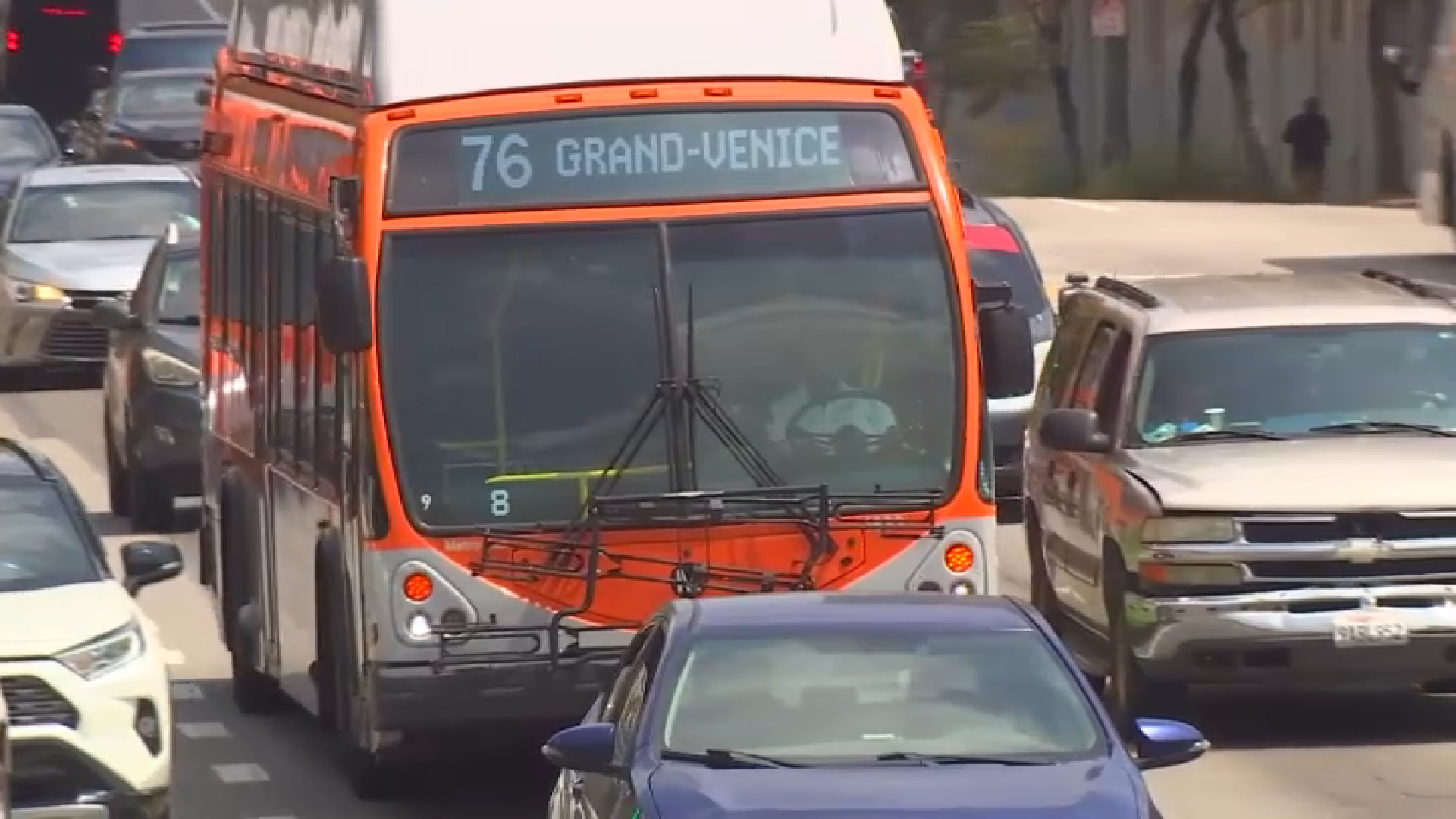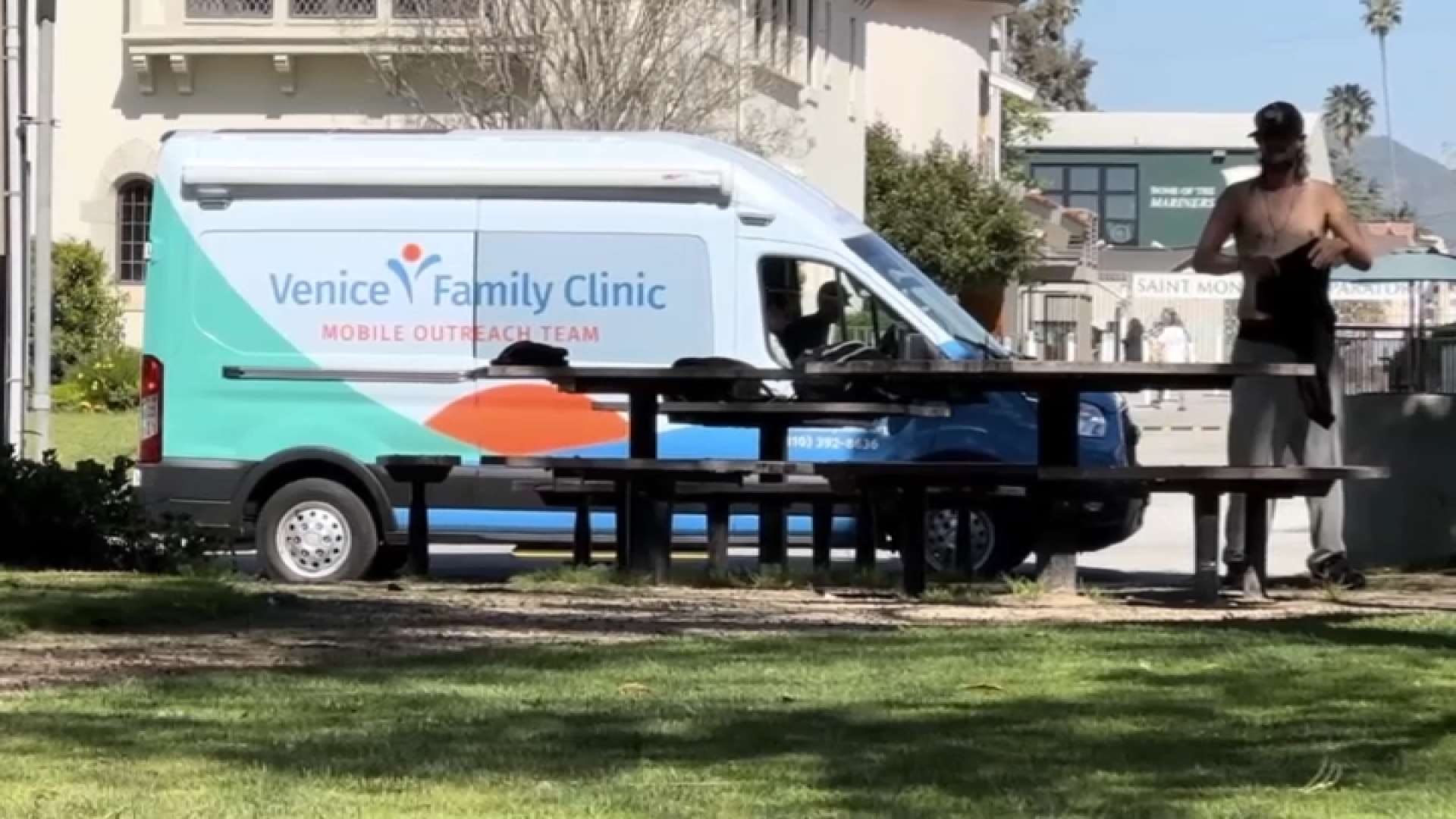The union representing the rank and file of the Los Angeles Police Department sued the city and police chief on Thursday over what it says is his "corrupting influence" on the discipline process for officers.
The Police Protective League's lawsuit, filed in federal court, challenges the structure of the LAPD's Board of Rights, a rotating three-person panel charged with deciding discipline cases for officers facing long-term suspension or termination.
The lawsuit claims two senior officers on the board are beholden to police Chief Charlie Beck and unduly influenced by him. The third board member is a civilian.
Union President Craig Lally said the entire panel should be made up of civilians.
"There's no fight in the game for them," Lally said. "They're not worried about demotion or lack of promotion."
Gregg Adam, an attorney representing the union, said having a civilian panel would eliminate "backdoor deals" and "secret handshakes" the current system supports.
"That's kind of unprecedented, for a major city police union to be advocating for greater civilian oversight," Adam said. "But we think our members absolutely deserve it and will be much more fairly treated by it."
Capt. Andy Neiman, a department spokesman, said the allegations of bias in the system are unfounded, adding that the board of rights went against the chief's recommendations more than 50 percent of the time in more than 180 cases over a five-year period.
News
Top news of the day
"If he was intent on corrupting the system, then he's not doing a very good job since 50 percent of the time the command is not agreeing with firing the person," Neiman said.
The lawsuit came amid heightened scrutiny of police departments across the nation and increased demand by some members of the public for increased officer discipline.
The board of rights system used by the LAPD is not commonly used at other departments across the country, said Samuel Walker, a retired criminal justice professor at the University of Nebraska and an expert on police accountability.
He said such boards are viewed as a way to mitigate punishment.
"They've just built in this intermediate step which has not functioned to ensure discipline," Walker said.
He said the LAPD has long been criticized for a lack of officer discipline but has made improvements recently.
The department's board of rights faced scrutiny after former officer Christopher Dorner went on a deadly shooting rampage in 2013. In a rambling online document, Dorner claimed that he was seeking retribution after being unfairly fired and was the victim of racial discrimination within the department.
In the wake of the rampage, Beck ordered an internal report about the discipline process. The report found widespread concerns among officers and civilians about the department's discipline system, though it reached no conclusions about whether it was flawed.



